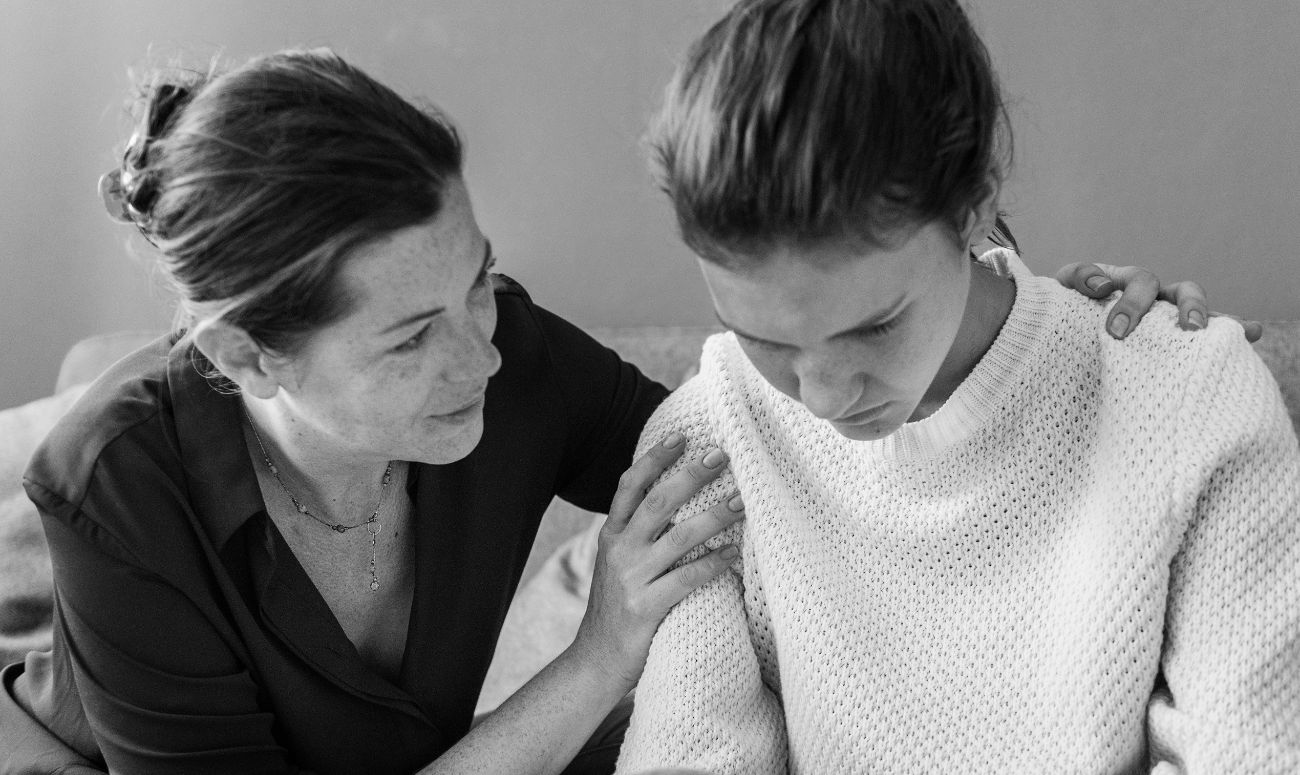For both adults and teenagers, mental health is a crucial component of total well-being. Many adults with mental illnesses experienced symptoms in their youth and adolescence, but they were frequently ignored or untreated. Treatment can be more beneficial for a young person with mental disorder symptoms the earlier it is begun. Growing up with less-severe teen mental health issues is possible with early intervention.
Achieving emotional and developmental milestones as well as picking up positive social skills and problem-solving techniques are all part of growing up mentally healthy. Children who have strong mental health are more likely to enjoy life and perform well at home, at school, and in society as a whole. It is also important to understand that parents and other people who take on the role of parents are crucial for a child’s healthy development since they are their first source of encouragement for gaining independence and living happy, healthy lives.
What Kind Of Pressure Do Teenagers Face?
The psychological and social development of kids and teenagers is greatly influenced by their peers. Their impact begins early and intensifies as the teenage years go on. Having friends and relying on them becomes normal, healthy, and essential as children develop.

Peer pressure can, however, also be harmful in a few instances. These are the “friends” that put pressure on people to adopt harmful habits and promote unsafe activity. These friends frequently try to intimidate, compel, blackmail, tease, or mock kids into doing something that could have serious repercussions.
Teenagers often struggle to fit in during their adolescence, both socially and emotionally. They are more at risk for bullying, social exclusion, dysfunctional families, academic difficulties, and trauma, all of which can lead to mental health problems.
How Can Parents Catch Signs That Their Teen Is Going Through A Mental Health Crisis?
Teenage years are generally dreaded by parents who fear mood swings, reckless behaviour, and never-ending disputes. Teenagers are establishing their identities, pushing boundaries, and claiming their autonomy, so some of this is typical developmental behaviour.

Teenage mental health issues can occasionally take strange shapes. Parents may understandably interpret anger and disobedience as a lack of respect and laziness when a child exhibits symptoms of depression or anxiety. It’s difficult to figure out what those behaviours are hiding. Teenagers tend to be quite private, and they might not be honest about how difficult things are.
The age of your child and the individual can both affect the signs of a mental health crisis. Some youngsters may show clear signs of a crisis, while others may show more subtle ones. Here are some of them.
- Showing signs of suicidal behaviour.
- Expressing a lack of optimism for the future.
- Showing a great deal of emotional suffering or pain.
- Showing worrying behavioural cues or noticeable behavioural changes.
- Alteration in social relationships or circumstances.
- Sleep changes (increased or decreased sleep).
- Anger or fury that seems uncharacteristic or inappropriate.
- Increased agitation or irritation.
How To Help Your Child Overcome Anxiety And Depression?
In children and teenagers, depression can appear as lengthy bouts of sadness or anger and an overall lack of interest in routine activities. It is extremely typical among older kids and teenagers, but frequently goes unnoticed. Children who are anxious often need to be reassured by their parents and other adults on a regular basis. They might also be reserved and extroverted. As a result, their condition may be easy to overlook.
All kids need to be healthy, but kids who struggle with anxiety or depression may need it even more. Living a healthy lifestyle can help manage the signs of depression or anxiety, in addition to receiving the appropriate treatment. Here are some beneficial habits to consider:
1. Positive Habits
Encourage good behaviour by assisting your child in maintaining regular sleeping, eating, and exercise schedules. Both exercise and music are excellent mood-enhancing activities.
2. Spend Time With Them
Spend some quality time with them by getting involved in their lives, like how their day at school was or what they appreciate most about their friends, and engaging in enjoyable activities together. To reduce distractions and improve your ability to completely participate in them, keep your phone and other electronic devices aside.

3. Try To Understand The Feeling
Investigate the feeling with each other. To find out what causes your child anxiety, ask them to describe it to you. What are they thinking? For how long does this feeling go on for? What could possibly be the cause of the anxiety? Assure them that the emotion will pass.
4. Do Breathing Exercises
When we’re anxious, the act of belly breathing can help relax us and get more oxygen into our lungs. Here is a simple three-step technique you can teach your child.
- Put one hand on your belly.
- Take five deep breaths, inhaling for five seconds, exhaling for five seconds, using your mouth instead of your nose.
- Show your child that when they breathe in, their stomach softly expands like a balloon, and that when they exhale, the air quietly escapes.
5. Create A Positive Environment
To make your teenager feel at ease and supported, cultivate a positive and welcoming atmosphere in your home. Inform them of your support and affection. Consider engaging in their favourite hobbies with them, like listening to music together that uplifts their spirits.
Bottom Line
You’re not alone if your adolescent child is struggling with depression, anxiety, or any other kind of mental health issue. But as a parent, it is important to be educated on how to spot mental health problems in children and what to do when you sense a problem.
Read More: How To Deep Clean Your Professional Life?
Like & Follow ThinkRight.me on Facebook, Instagram, Twitter, Pinterest and Telegram to stay connected.






























